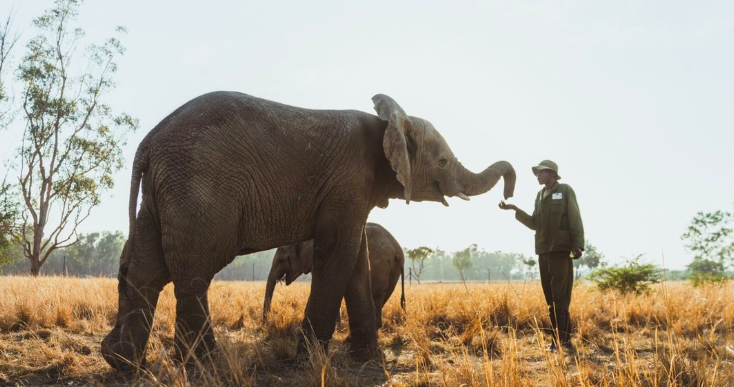
Photo: IFAW
A major United Nations scientific report on biodiversity will be released later today, after a week of negotiations on the final text written by 400 leading scientists from 130 nations assessing the state of Nature — and its impact on humanity — across the globe, according to a draft obtained by Agence France-Presse (AFP). The picture it paints of the human impacts on the natural world is dire:
- up to a million of Earth’s estimated eight million species face extinction, many of them within decades;
- all but seven percent of major marine fish stocks are in decline or exploited to the limit of sustainability;
- we collectively dispose of up to 400 million tons of heavy metals, toxic sludge, and other waste into oceans and rivers each year; and
- we have deforested in the last 30 years an area that is more than eight times greater than the size of Germany, thereby losing the critical carbon-storage benefits of those forests.
The lead author of the report told AFP, “There are also two big indirect drivers of biodiversity loss and climate change — the number of people in the world and their growing ability to consume,” before the meeting began a week ago. The report also blames harmful market-distorting subsidies that encourage environmentally damaging fishing, agriculture, livestock raising, forestry, and mining. The report purportedly also contains recommendations for policy-makers including national policies and public education to promote low population growth, sustainable production and a concept of success that is based on well-being, not just increasing gross domestic product (GDP).
Why This Matters: It’s simple. Humans cannot exist without nature so we need to resolve to do what it takes to conserve it. The global community has a chance to have its “Paris moment” for biodiversity next year when the Conference of the Parties for the Convention on Biodiversity meets in 2020 in Beijing. They could set ambitious targets to conserve 30% of the planet for biodiversity by 2030. We choose to be optimistic. As Azzedine Downes, the CEO of the International Fund for Animal Welfare, said in a recent blog post, “To share the Earth in any meaningful way is to break through the zero-sum logic that pits our species against the world. The good news is that the overwhelming majority of humankind recognizes our state of interdependence. These days, even hard-nosed realists preach the gospel of globalization: Like it or not, we are intertwined with people around the world. Today, we can extend that recognition to other species. By doing so, we can move from consumption to contentment, from exploitation to stewardship, and sooner than later, off of our shared course to mass extinction.”
May 5, 2019 » animals, biodiversity, Convention on Biodiversity, extinction, nature, United Nations


